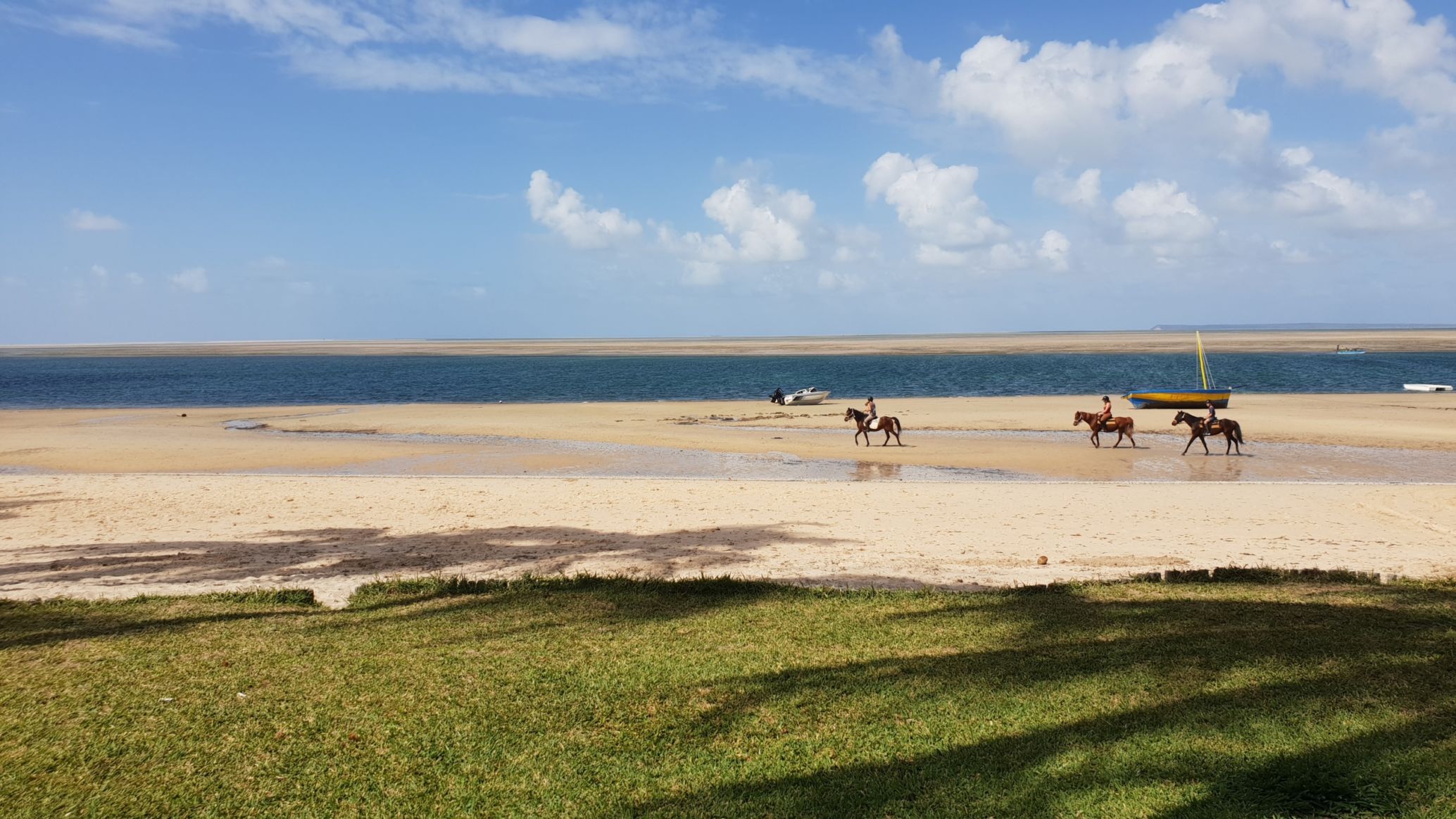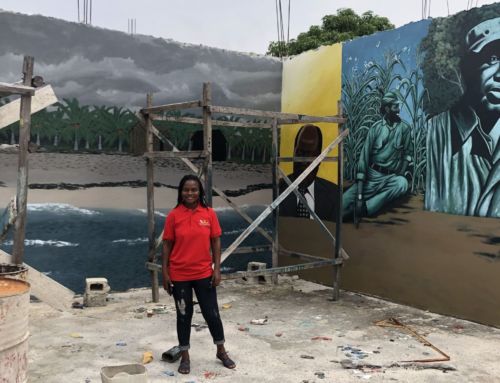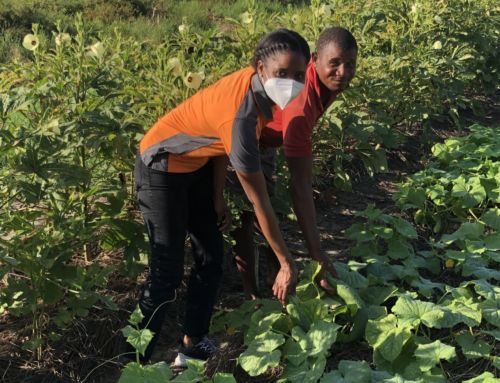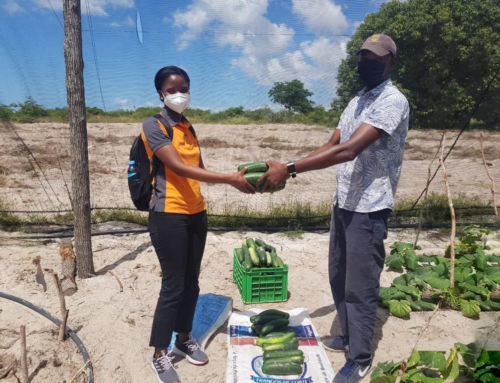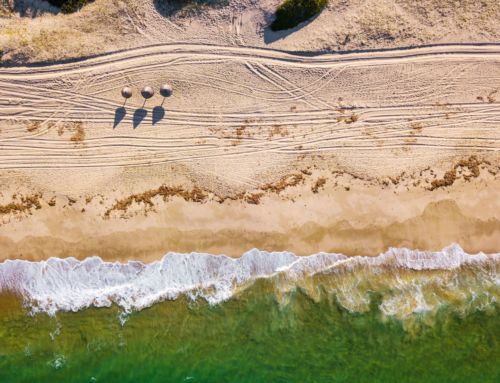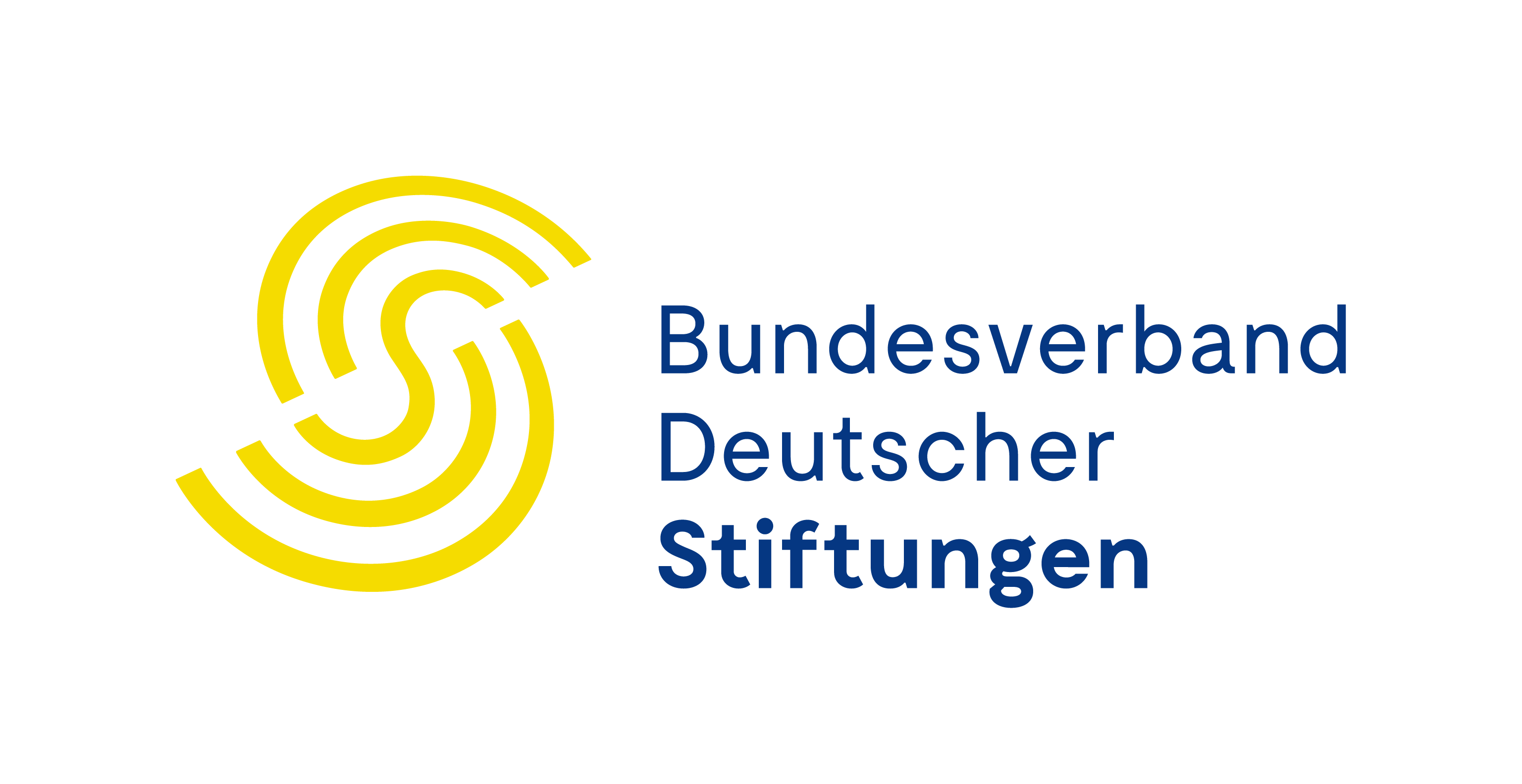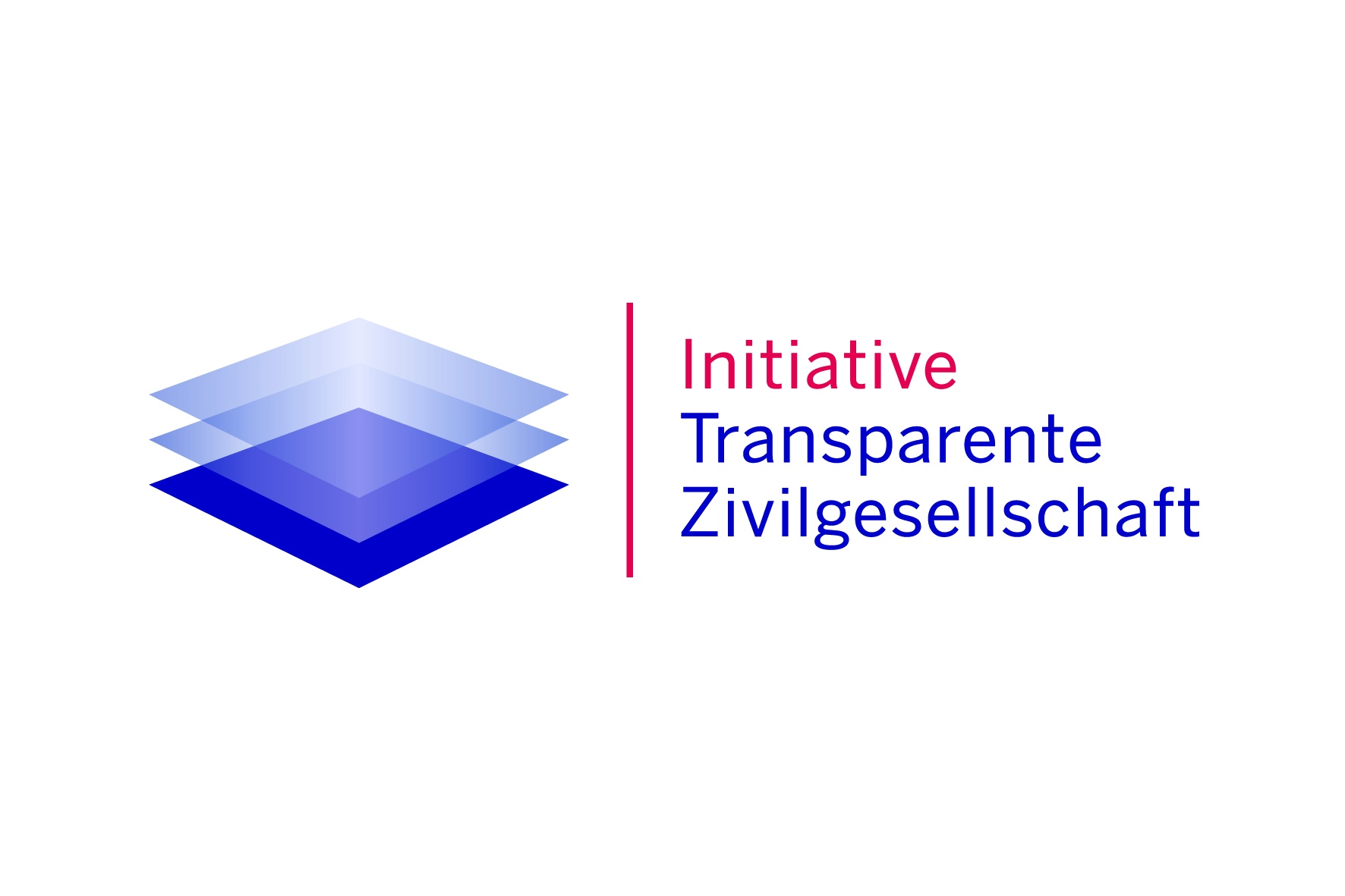Since December 2020, infection rates in Mozambique have been rising significantly. This is due to the increased occurrence of novel SARS-CoV-2 virus variants. For this reason, Mozambique has been classified as a risk area with a particularly high risk of infection by the German Federal Foreign Office.
The Current Situation
Since the beginning of the Coronavirus pandemic, 64.296 positive cases have been registered in Mozambique, of which 722 people have died (as of 15 March 2021, source: World Health Organization). However, the number of people infected with the coronavirus is much higher, as only a fraction of the population is tested for symptoms. Mozambicans do not see any point in the tests, because they have to pay for the tests and afterwards, they are sent home anyway. Instead, many isolate themselves when they show signs of infection and use the means and measures they know against the coronavirus.
Extension of Existing Corona Requirements
At the beginning of March, the Mozambican president extended the conditions that had been in place since January. The following conditions will apply for another 30 days:
- Curfew from 9 p.m. to 4 a.m.
- Classroom teaching is resuming
- Shops may open from 9 a.m. to 7 p.m. during the week, until 4 p.m. on Sundays
- Restaurants must close from 8 p.m.
- All types of gatherings and celebrations, religious or otherwise, are prohibited
- Fitness studios will remain closed
In addition, face masks must still be worn in public places and on public transport. The distance rules of at least 1.5 m must also be observed.
There are controversial opinions on the regulations. Classroom teaching was allowed on the grounds that few infections were transmitted between students and teachers. This is doubted by some. At the same time, night school is very common in Mozambique, which again is not compatible with the curfew. It is to be hoped that the measures will be effective.
The Health System in Mozambique
The health system in Mozambique is not able to cope with a severe course of covid 19 disease. This mainly affects old people and patients with severe pre-existing conditions who already suffer from a weakened immune system. This is because certain factors, such as diabetes mellitus or high blood pressure, can increase the risk of contracting severe Covid-19 or dying from it.
COVID-19 Vaccine Planning
Few African governments have yet presented a mass vaccination campaign. Many rely on the World Health Organisation’s COVAX vaccine-sharing programme (COVAX (who.int)). This is because the African continent lacks the financial resources to secure vaccine doses. In addition, the World Bank is planning to provide emergency funding to enable 30 countries to access COVID-19 vaccines.
Vaccine Launch in Mozambique
China has donated 200,000 doses of vaccine to Mozambique to help the country fight the coronavirus. The vaccine has an efficacy of 79.3% and was received by Prime Minister Carlos Agostinho do Rosário at the end of February 2021. Initially, only health professionals will be vaccinated in the first vaccination phase.
Impact on Mental Health
In Mozambique, there is a close bond between people, as many rely on each other for support. However, due to the Corona-related restrictions on contact, Mozambicans can no longer meet each other as usual, and they suffer greatly as a result.
In addition to the social restrictions, there are fears – fears for their livelihoods, but also of a possible infection with the coronavirus. Especially for those who already suffered from mental illness before the Corona pandemic, it has now become even more difficult. More and more people suffer from anxiety and seek help from psychological institutions.
